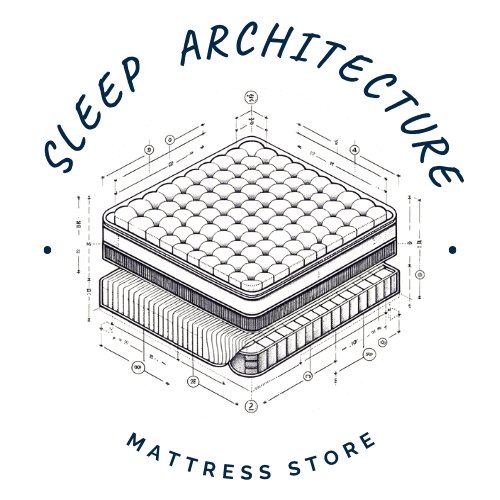
How Weighted Blankets Equal Better Sleep

Nothing is better at bedtime than wrapping yourself up in your covers and drifting off to a cozy sleep, relishing your comfy blankies and quilts. Did you know that you can change the weight of your blanket and reap all sorts of benefits though? Surely your blanket or comforter is soft and cozy already, but using a weighted blanket will garner you all sorts of rewards that regular blankets and comforters do not.
Weighted blankets are designed to be heavier than normal blankets and can range in weight from 3-35 pounds. There are two styles: knitted and duvet-style. Duvet-style weighted blankets use plastic or glass beads, ball bearings, or other heavy fill. Knitted weighted blankets are woven using dense yarn.
Weighted blankets have many uses and can provide numerous benefits for those suffering from conditions like anxiety and pain. They can also be helpful for those who experience sensory issues or who are on the autistic spectrum. Many people find that adding a weighted blanket to their sleep routine helps to reduce stress and promote calm. In the same way as a hug or a baby's swaddle, the gentle pressure of a weighted blanket may help ease symptoms and improve sleep.
Weighted blankets help people feel calmer and more rested, and are used to treat a variety of conditions:
Sleep: The weight of the blanket can help people fall asleep faster and sleep more soundly by making them more aware of their movements and less likely to fidget. This can help improve sleep quality and reduce anxiety-induced insomnia.
Anxiety: The weight of the blanket can mimic the feeling of being held, which can help relax the nervous system and reduce anxiety. Studies show that 63% of people who used a weighted blanket reported lower anxiety after one use.
Pain: The pressure of the blanket can help relieve chronic pain.
ADHD: Weighted blankets can help people with ADHD and similar conditions regulate themselves and get better sleep.
Mood: The pressure of the blanket can increase oxytocin, a feel-good hormone, and decrease cortisol, which can improve mood.
Heart rate: The gentle pressure on your body provided by a weighted blanket can also help to calm you by activating your parasympathetic nervous system, which lowers your heart rate when you’re stressed.
According to Sleep Foundation, weighted blankets are considered safe if the person using them has enough strength and physical dexterity to lift the blanket off themselves when necessary to prevent suffocation or entrapment. Children should not use weighted blankets, however. Furthermore, some sleepers should take extra precautions and speak to their doctor before using a weighted blanket. They may be unsuitable for people with certain medical conditions like chronic respiratory or circulatory issues, asthma, low blood pressure, type 2 diabetes, and claustrophobia. Experts also recommend that people with obstructive sleep apnea (OSA) avoid using weighted blankets, because the weight of a heavy blanket may restrict airflow.
In conclusion, weighted blankets are a safe at-home measure that provide similar benefits to deep pressure therapy. They’ve shown positive results for conditions like autism, ADHD, and anxiety. Weighted blankets help calm you, reduce feelings of anxiety, and improve sleep quality.
Send a Message
At Sleep Architecture, we value your feedback and insights. Whether you have questions about our products, want to share your experience, or are ready to book a consultation, we're here to help. Leave a comment, ask a question, or book an appointment today. Your input helps us continue to provide the best possible service to our valued customers. Let's start the conversation!
Contact Us
Give us a call
(330) 954-8007Send us an email
[email protected]